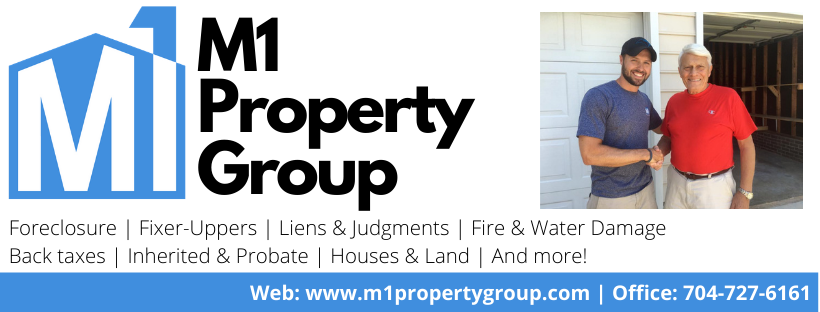
Can I Sell My House with Back Taxes? The short answer is yes…but the back taxes have to be paid.
Local governments charge property taxes to pay for services in your neighborhood such as emergency personnel and schools. The penalties for not paying your property taxes range from collecting interest to losing your home.
While the IRS and city governments try as often as possible to NOT possess houses that accumulate back taxes (they don’t like the negative publicity), they also don’t allow unpaid taxes to accumulate above a certain point. The higher the amount owed, the more difficult it becomes to collect (or on the other hand, to pay).
There are some companies that actually pay/loan the back taxes for home-owners in certain situations, but the interest rates are high (then again, so are the interest rates if you are unable to pay taxes on time).
Consequences
There are several potential consequences when property taxes aren’t paid. First of all, the local government will begin adding interest to what you owe The amount varies by local government. You might have penalties charged once each month, adding to your balance, or the collector may calculate interest daily. http://finance.zacks.com/going-happen-owe-back-property-taxes-1564.html
The tax collector may also file a property tax lien for the amount of taxes owed. The lien gives the tax collector interest in your property, and will prevent you from getting a mortgage or selling the property until you satisfy it. Liens of any type on a property’s title are known as “clouds” or encumbrances.
Once the tax collector has a property tax lien against your property, it can move forward with other collection methods, such as foreclosure. Unpaid tax liens may show up as unpaid debt on your credit history.
Foreclosure policies for property taxes vary by area. Some local governments put properties with owed taxes up for auction, with the successful bidder becoming the new owner of your property. Other local governments sell tax liens as certificates to private investors. A third party who buys your tax lien can foreclose on it using the foreclosure procedure found in the local laws. A third possibility is the local government taking ownership of your home and selling it later to recoup owed taxes. Unpaid tax liens may show up as unpaid debt on your credit history.
Solutions
If your inability to pay the property taxes is short term and temporary, you might consider contacting the tax office and negotiating a repayment plan. Keep in mind that the missed payments accumulate interest. If you live in an area with high property taxes, the amount owed can accumulate very quickly.
Another option, believe it or not, is to simply walk away from the property. Property taxes attach to the property, not the current owner. Remember that this option will likely reflect poorly on your credit for years to come. Liens are a matter of public record. Credit bureaus regularly check public records for things like liens and add them to peoples’ credit histories where applicable.
A better option would be to sell the house before the amount owed puts the house at risk of foreclosure. The property taxes owed come out of the sale price for the house, meaning that no additional money will be taken out-of-pocket for the seller. If you are falling behind on your taxes and are unable to repay your back taxes, selling your house is the best option.
M1 Property Group works directly with title companies to resolve liens and taxes at no cost to you. If you are falling behind on payments, call us for a no-obligation cash offer or simply to ask questions.
Contact us for a free, no-risk quote within 24 hours.
Get a Quick Cash Offer | Call 704-727-6161
